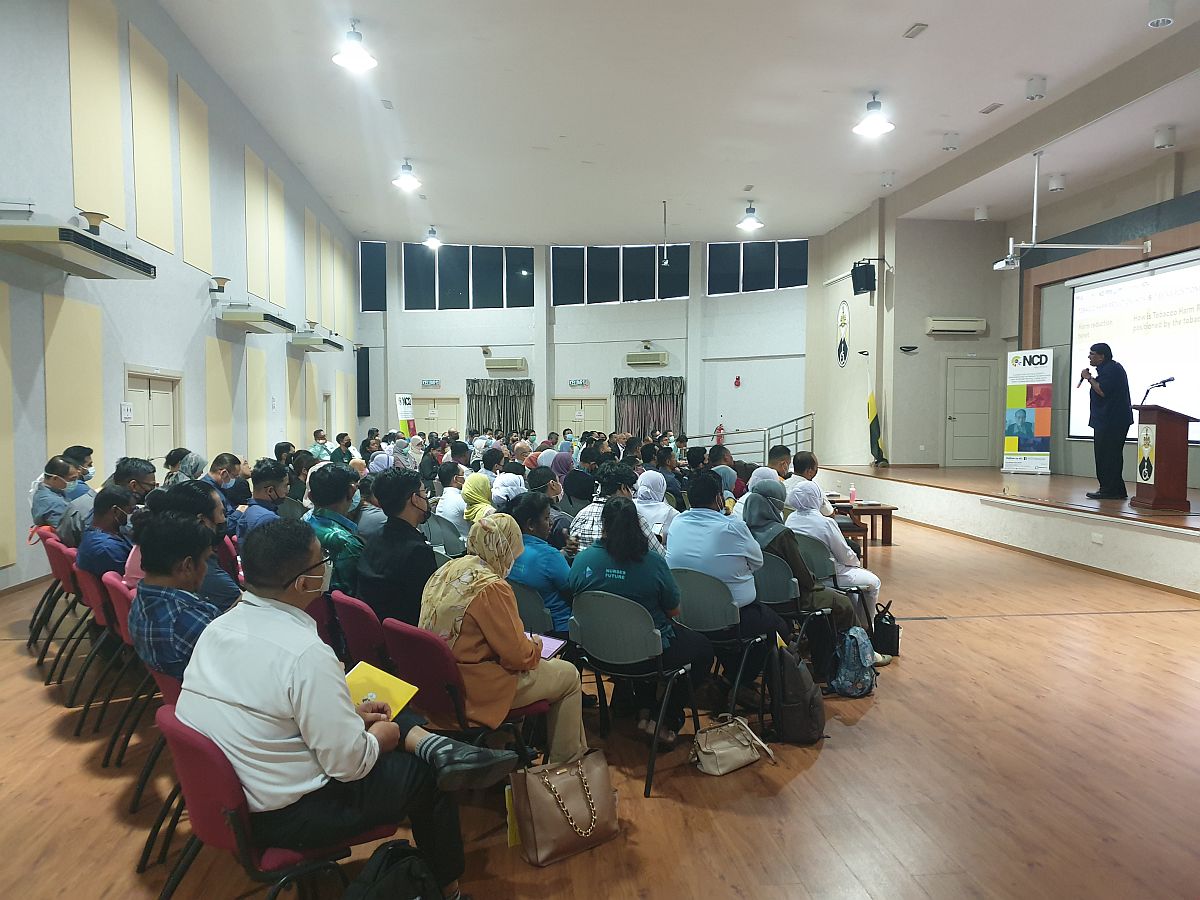The oft-quoted aphorism that “change is the only constant” is perhaps most true within the health care landscape. Every day, we are faced with new innovations and therapies in health care.
By lunchtime, there are at least ten other new innovations or groundbreaking research results that have been announced, and this number usually doubles again by day’s end.
This is good news for people living with diseases or conditions, many of whom have been afforded the opportunity to receive life-changing treatments which can help cure or prolong their lives. But innovations and research within the health landscape do not only come from clinical trials of new drugs or devices.
There are countless other medical and health innovations coming from different health sectors such as health behaviour change strategies, health system innovations, cost-saving techniques, and even the repurposing of old drugs for treating new conditions or entirely different diseases altogether.
Discoveries, innovations, and new findings are useless in the real world if they are not translatable to patient care. As such, any new health-relevant finding or innovation needs to be communicated and shared with health care professionals, the ones who actually digest these innovations and research findings and utilise them for managing their patients every day.
In order to enable this continuous learning process and ensure that health care professionals in Malaysia stay abreast of such advances, most health care professional bodies such as the Malaysian Medical Council or the Malaysian Nursing Council mandate that their members attend continuous medical education (CME) or continuous professional development (CPD) programmes.
These come in the forms of courses, seminars, workshops, or conferences, conducted within or away from workplace settings. In fact, since the time of the Covid-19 pandemic, a multitude of channels and mechanisms on the internet and social media have been set up to receive and deliver CME and CPD programmes.
Health care professionals are required to attend a number of these sessions to enable them to be deemed eligible when it comes to renewing their annual practice certificate or ‘licence’.
Even for ‘newer’ professional bodies, such as some of the allied health professional bodies, requirements for ensuring they receive continuous professional development is becoming essential to ensuring that they are kept up to date with medical innovations and research findings.
Unfortunately, there are some challenges with how CME and CPD programmes are being rolled out in the Malaysian setting, as revealed in a recent report by NCD Malaysia with input from health care professionals from all over the country.
CME and CPD programmes require considerable resources such as venues, food and beverages, and others, and they often need sponsors. Many of these sponsors are pharmaceutical or medical device companies who are seeking to promote knowledge about the latest innovation or product that they may have.
This is not something bad, since it ensures that health care professionals obtain the latest information about new drugs and devices. However, this often leaves health care professionals in a quandary when it comes to subjects related to areas other than drugs or devices such as health system innovations or even mental health.
These do not often come under the purview of the industry and are sometimes not highlighted in CPD and CME programmes due to the lack of financial support for hosting activities with this type of content.
Another common issue that many non-medical professionals have raised is the fact that CPD and CPD programmes are often catered for doctors, and not for allied health care professionals. Allied health care professionals would also benefit from news and insights on updated drugs and devices, but these need to be provided in terms of how they would use such new innovations.
Allied health professionals have alleged that there are very few CME and CPD programmes which have been contextualised for them specifically. Therefore, sometimes it just becomes a ‘rote’ thing for them to attend such programmes in order to chalk up adequate ‘points’ for the renewal of their annual practice certificates.
Why does continuous medical education of health care professionals be something that patients should be worried about? An up-to-date health care professional is able to better care for their patients.
In the ever-changing world of health care, this sometimes means that a patient may be able to receive life-changing care- not merely something in terms of a new drug or medical device, but in terms of innovative treatment approaches or new treatment strategies, which could provide a better quality of life for the patient.
Health care professionals do not only mean doctors. Empowering allied health care workers across the entire spectrum by providing them with continuous, relevant, contextual, and updated information on how they can provide better care will translate to better patient outcomes.
This article was written by Dr Janice Hew Pei Fang, Mohamad Ishak Ahmad Abir, Thaarenee Wiswannadan, Nariza Alysa Azryn, Dr Jessica Anne Canute, Mahirah Ma’som, Chan Wan Thung, Dr Murallitharan Munisamy, and Dr Saunthari Somasundaram from NCD Malaysia.
NCD Malaysia is the Malaysian chapter of the Global NCD Alliance, comprising 16 organisations that advocate for people living with non-communicable diseases. For further information about NCD Malaysia, please visit the NCD Malaysia Facebook and Instagram pages.
- This is the personal opinion of the writer or publication and does not necessarily represent the views of CodeBlue.








